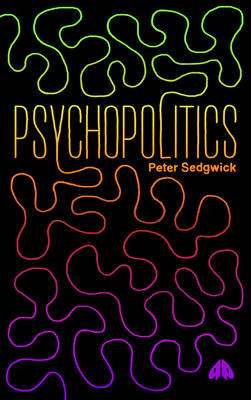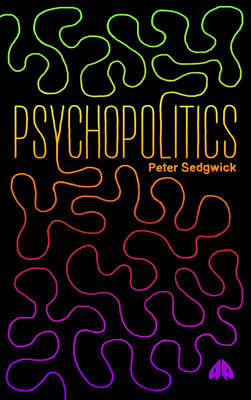
- Retrait gratuit dans votre magasin Club
- 7.000.000 titres dans notre catalogue
- Payer en toute sécurité
- Toujours un magasin près de chez vous
- Retrait gratuit dans votre magasin Club
- 7.000.0000 titres dans notre catalogue
- Payer en toute sécurité
- Toujours un magasin près de chez vous
Description
A new edition of one of the most significant and credible critiques of the anti-psychiatry movement. As relevant today as it was when first published in 1982, the book changed the conversation on mental health and illness, demanding that we assess its relationship to the wider decay of social institutions. Dissecting the work of popular anti-psychiatric thinkers, Erving Goffman, R.D. Laing, Michel Foucault, and Thomas Szasz, Sedgwick exposed the conservative undercurrents and false hopes represented by the alternative psychiatry of the sixties and seventies, challenging the very real impact it had on our collective responsibility to look after the mentally ill. With a new introduction that highlights the relevance of Sedgwick's demands for modern mental health movements, the practice of psychiatry and for left-wing activists, this new edition further cements PsychoPolitics' cult classic status.'A powerful and impassioned defence of psychiatry, urging the Left to confront the harsh realities of mental illness' - William Davis, author of The Happiness Industry A new edition of one of the most significant and credible critiques of the anti-psychiatry movement. As relevant today as it was when first published in 1982, the book changed the conversation on mental health and illness, demanding that we assess its relationship to the wider decay of social institutions. Dissecting the work of popular anti-psychiatric thinkers, Erving Goffman, R.D. Laing, Michel Foucault and Thomas Szasz, Sedgwick exposed the conservative undercurrents and false hopes represented by the alternative psychiatry of the sixties and seventies, challenging the very real impact it had on our collective responsibility to look after the mentally ill. With a new introduction that highlights the relevance of Sedgwick's demands for modern mental health movements, the practice of psychiatry and for left-wing activists, this new edition further cements PsychoPolitics' cult classic status.
Spécifications
Parties prenantes
- Auteur(s) :
- Editeur:
Contenu
- Nombre de pages :
- 304
- Langue:
- Anglais
Caractéristiques
- EAN:
- 9780745347257
- Date de parution :
- 20-08-22
- Format:
- Livre relié
- Format numérique:
- Genaaid
- Dimensions :
- 140 mm x 216 mm
- Poids :
- 535 g

Les avis
Nous publions uniquement les avis qui respectent les conditions requises. Consultez nos conditions pour les avis.






